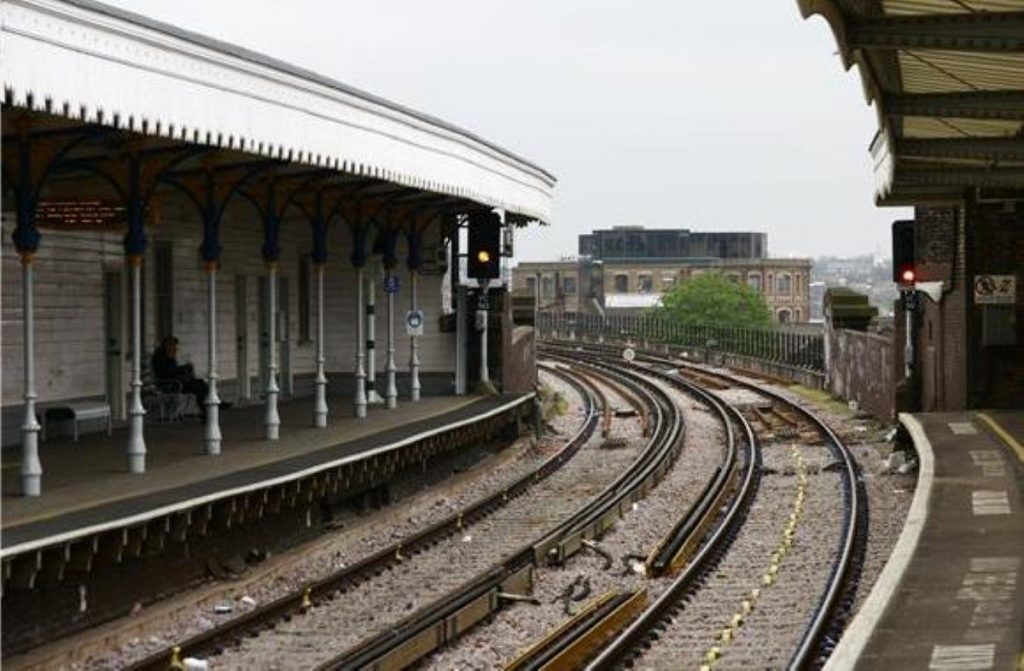Network Rail makes its first profit
Network Rail, the train operating company that receives £4 billion in government subsidies each year, has made a profit for the first time.
Interim results for the six months to September 30th show Network Rail made a pre-tax profit of £747 million, compared to a loss of £108 million last year.
All the money will be reinvested in updating the railway infrastructure, including the tracks and tunnels, to ensure it can cope with an expected increase in passenger numbers in the near future.
Network Rail was set up in 2002 to replace Railtrack, and has made significant losses in the past despite its government subsidy. However, the firm attributed these to the decision to defer a large portion of this funding for the first two years.


About 40 per cent more people and 60 per cent more freight are using the railways than ten years ago, with more than 1.1 billion passengers travelling by train in 2005.
But this is set to increase as ministers impose new penalties on car use in the future, including higher taxes on polluting vehicles and road tolls, and there are concerns about whether the rail network can cope.
Announcing today’s results, Network Rail chairman Ian McAllister said punctuality had improved to the highest level for seven years, with 89.5 per cent of trains running on time, and consumer satisfaction also high.
“Network Rail is delivering across the board, but we know we have to do even more. We must respond now to the challenge of accommodating the growth predicted in the years ahead,” he said.
“The need to boost capacity on the network is clear, and Network Rail will play its part in making this happen. . . We will do more for passengers and freight users and deliver ideas and solutions to ease overcrowding and boost capacity.”
However, shadow transport secretary Chris Grayling expressed concern whether this investment was enough, saying: “The reality is that [Network Rail] set aside money for smaller capacity improvements that is currently sitting there mostly unspent.
“So inevitably, passengers will be sceptical about promises of improvements to come. What we need is quick decisions and rapid action to deal with overcrowding, and right now that’s not what’s happening.”
Liberal Democrat transport spokesman Alistair Carmichael said today’s interim results were “welcome news” and showed Network Rail was beginning to reduce costs.
But he warned: “The current structure of the industry is creating a money merry-go-round. Spending on our railways must be much more transparent, and the industry should be simplified further.”

